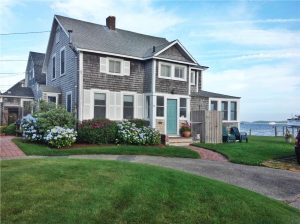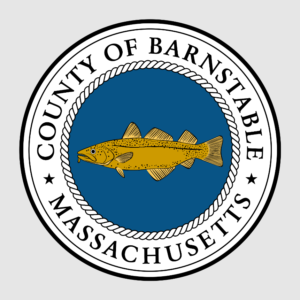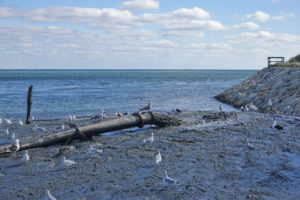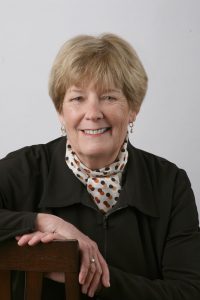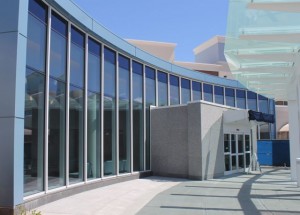BARNSTABLE – A major part of the Cape Cod economy continues to be second home properties, with seasonal residences accounting for roughly 40 percent of Barnstable County’s residential units.
In order to gain a better understanding of the role that these homes and homeowners play in our regional economy, the Cape Cod Commission conducted a survey specifically ask these visitors about how they utilize their homes and what their plans are for the future.
“We’re in the midst of discussions regarding population projections for Cape Cod,” said Leslie Richardson, Chief Of Economic Development with the Commission.
“So we’ve really been looking at how second homes are used and how many might be converted in the next five years, versus the next 15 years or 20 years.”
This is the Commission’s second effort at this research, having conducted a similar effort nearly a decade ago.
Researchers found that the Cape’s second home owners qualify as above average in terms of both education and income.
A third of respondents acquired their second home in the last 10 years, 10% in the last three, more than a third have owned their homes for more than 25 years, with some remaining in the family for upwards of 100 years.
Richard said that the survey attempted to answer several questions.
“The reason that we did the study was to better understand how second homeowners are currently using their home, how they plan to use their home in the future, and then we also wanted to have a better sense of what role they played in the local economy” she said.
More than half of the respondents live year-round in Massachusetts. In-state responses were dominated by the Boston-area counties of Middlesex, Norfolk and Suffolk, which represent a third of all respondents.
Further findings showed that more than 70 percent had not rented their home in the previous five years, almost 20 percent plan to convert their vacation home to their primary residences in the next 20 years, and 75 percent participate in Cape arts, culture, nonprofits and charitable organizations.
The complete report is available online at the Cape Cod Commission website.
By DAVID BEATTY, CapeCod.com NewsCenter





